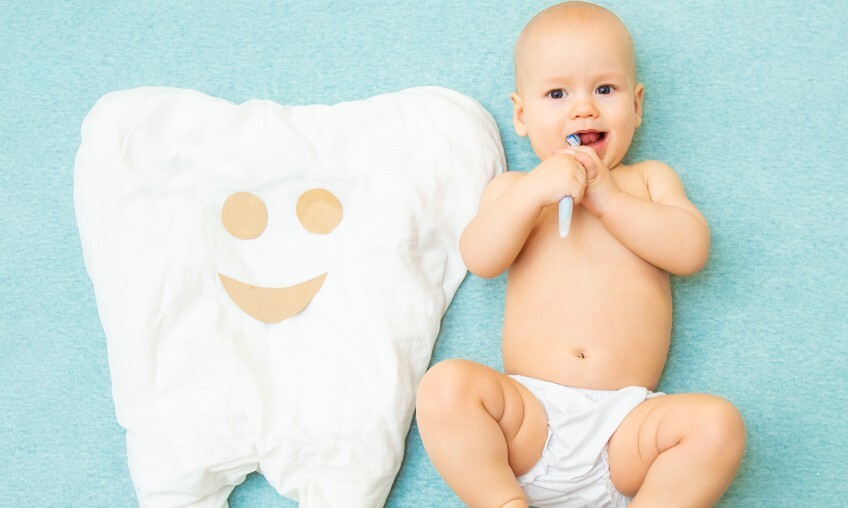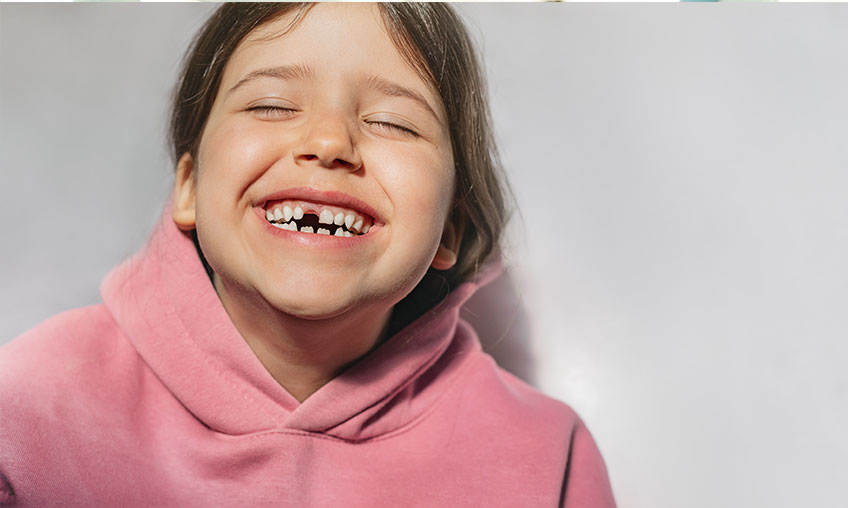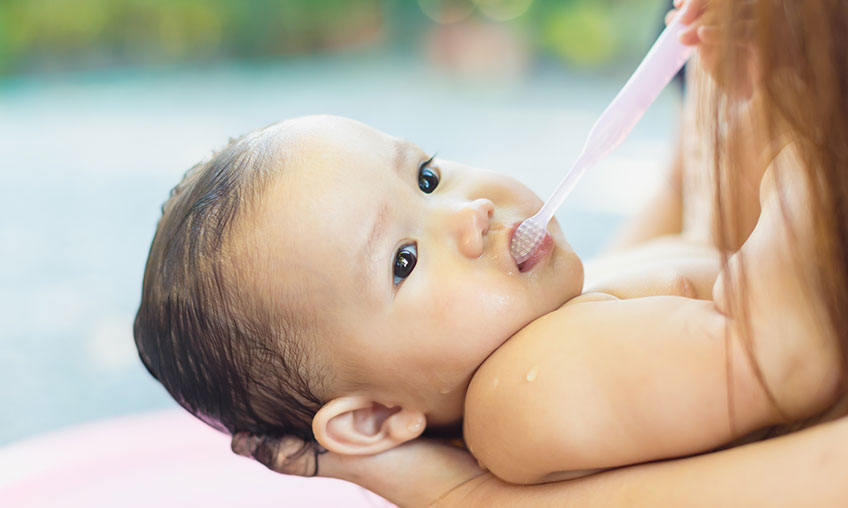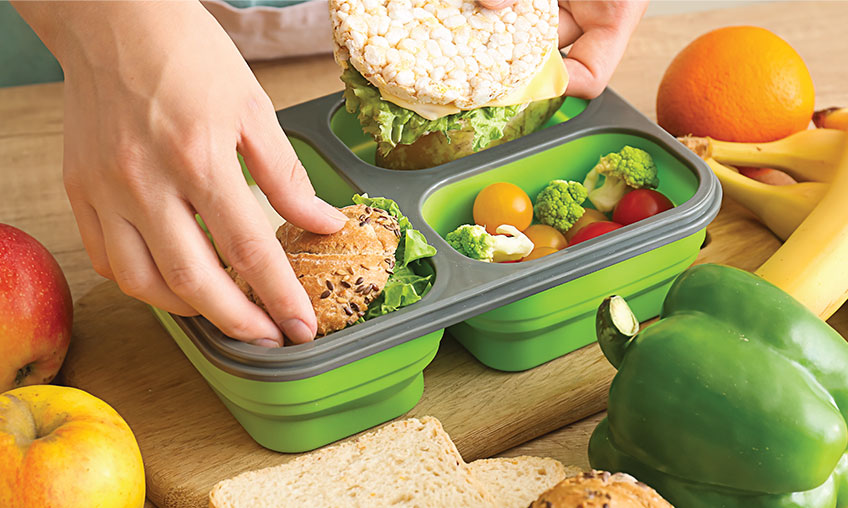Brushing tips
- Be sure to brush at least once a day, best at bedtime. Adding a second brush time after breakfast is even better.
- Don’t rush your brush. A brushing should take at least 3 minutes.
- A pea-sized amount of fluoridated toothpaste is all you need.
- Use a soft-bristled brush. Gently brush the teeth. Brushing too hard can cause gum damage. Be sure it is the right size (generally smaller is better than larger). Tilt the bristles (at a 45-degree angle) to the teeth. Slide the tips of the brush under the gums. Jiggle the bristles gently so that plaque growing under the gum is removed.
- Be sure to brush all sides of the teeth -- the outside, the tongue side, and the chewing surfaces. For the front teeth, brush the inside surfaces of the upper and lower jaws. Tilt the brush and make many up and down strokes. The front part of the brush should go over the teeth and gum tissues.
- Your toothbrush will only clean one or two teeth at a time. Change its position to properly clean each tooth.
- Replace your brush when the bristles begin to spread. A worn-out toothbrush will not properly clean your child’s teeth.
Preventing baby bottle tooth decay
- Baby bottle tooth decay or early childhood cavities is caused by allowing infants to drink from a bottle of juice or milk for long periods of time.
- Only give your baby a bottle during meals. Never put your baby to bed with a bottle.
- If a bottle is their pacifier, use only water in the bottle. Babies who drink bottles lying down may have more ear infections.
- Teach your child to drink from a cup as soon as possible or by 1 year of age.
Going to the dentist
- Take your child to the dentist when the first tooth comes in. You will learn how to take care of your baby’s mouth.
- Your dentist will examine your child’s teeth for cavities. The dentist will look in the mouth and decide if x-rays are needed.
- The dentist will decide how often to clean the teeth and how often to put fluoride on the teeth.
- The dentist will also talk about preventing mouth injuries from pacifiers, car seats, learning to walk, and playing. The dentist will talk about thumb sucking and pacifiers and when to help your child stop those habits.
 Preventistry Pulse Image
Preventistry Pulse Image
PREVENTISTRY PULSE
The newsletter designed for anyone who wants to improve oral health for themselves, their families, customers or communities.





